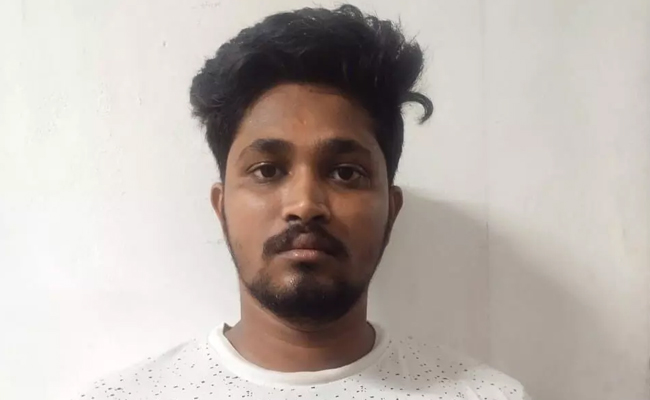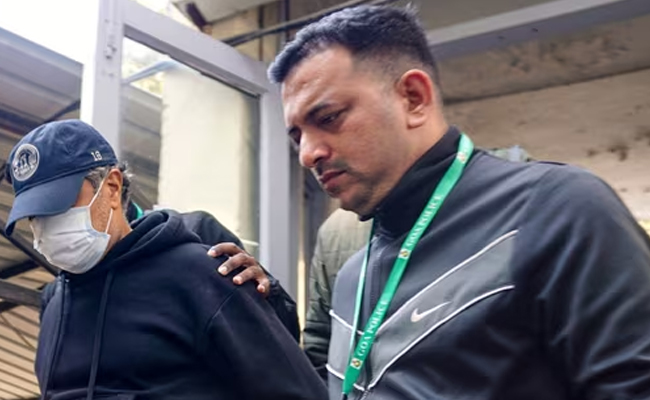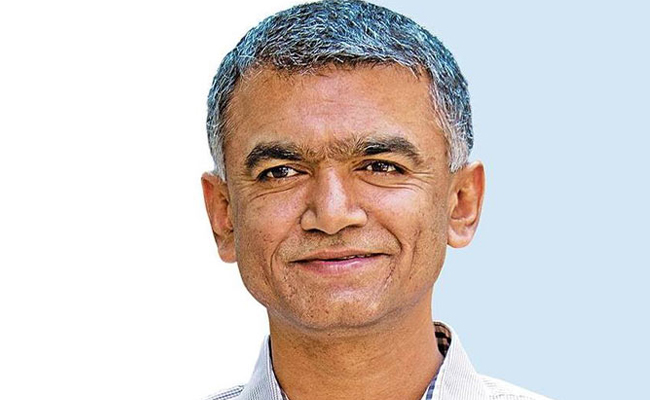Chandigarh: The Federal Bureau of Investigation (FBI) has confirmed the arrest of Punjab-origin Harpreet Singh, alias Happy Passia, in Sacramento, United States, for his alleged role in multiple terror-related incidents in both India and the US.
FBI Director Kash Patel stated that Singh was part of a foreign terrorist gang believed to be responsible for attacks on police stations in both countries. “@FBISacramento conducted the investigation in coordination with our partners locally as well as in India,” Patel posted on X. “Excellent work from all, and justice will be done. The FBI will continue finding those who perpetrate violence — no matter where they are.”
According to Punjab Police, Singh is a key operative of the Pakistan’s ISI-backed Babbar Khalsa International (BKI) and a close associate of Pakistan-based terrorist Harvinder Rinda. He was apprehended following extensive coordination between Indian and US agencies.
Punjab Director General of Police (DGP) Gaurav Yadav described the arrest as a “major milestone” in the crackdown on ISI-supported terror networks. He said the arrest was the result of strong intelligence sharing and international cooperation.
“Happy Passia, a native of Passia village in Amritsar, began his criminal activities with gangster Jaggu Bhagwanpuria and later aligned with ISI-supported terrorist Harvinder Rinda,” DGP Yadav stated.
Singh allegedly played a crucial role in running ISI-backed terror modules in Punjab, facilitating targeted killings, grenade attacks on police buildings, and extortion operations between 2023 and 2025. Yadav added that most terror incidents in Punjab after September 2024 have been linked to Singh.
Investigators revealed that Singh operated from the US, recruiting vulnerable drug-addicted youth to execute attacks in return for money and narcotics. The Punjab Police claim they have dismantled all of Singh’s modules and provided a detailed dossier to central agencies and the US authorities, ultimately leading to his arrest.
Steps have now been initiated to seek Singh’s extradition to India to face trial under Indian law.
Let the Truth be known. If you read VB and like VB, please be a VB Supporter and Help us deliver the Truth to one and all.
Bajpe: Police have arrested a youth for allegedly posting derogatory and defamatory content against the Bajpe police on social media.
The arrested accused has been identified as Abhishek M. (23), a resident of Katipalla, Surathkal.
According to the police, Abhishek posted a photograph of Bajpe Nisarga Hotel on his Instagram account mr_a_titude_22, alleging that accused persons in a murder case under the jurisdiction of the Bajpe police station were being treated “like royalty” by the police and were being served beef meals from the hotel every day. In his post, he further accused the police of colluding with criminals and misusing their authority, stating that public trust in the police was being betrayed.
Following which, the Bajpe police registered a case and arrested the accused.
Police records reveal that Abhishek is already facing multiple criminal cases. A case of murder, attempt to murder, assault and robbery has been registered against him at the Surathkal police station. At the same time, a robbery case has also been registered at the Kaup police station.
After his arrest, Abhishek was handed over to the custody of the CEN police for further investigation. He was later produced before a court, police said.





